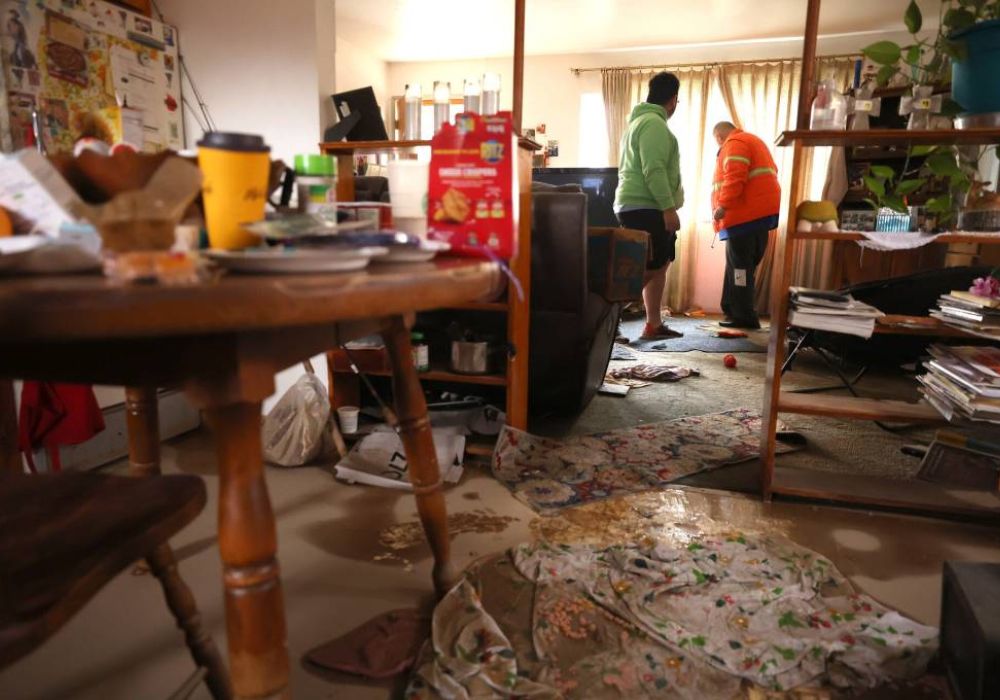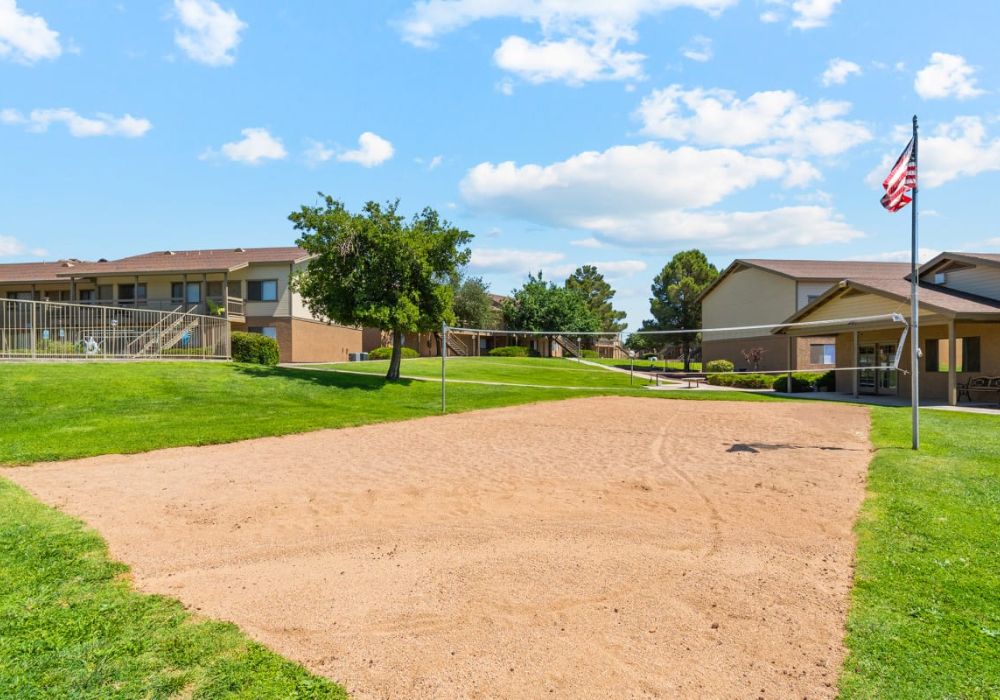Damaging a rental property can have serious financial and legal consequences for tenants. As a renter, it is important to understand the potential outcomes if damage is caused to the rental home or apartment. Accidental issues happen, but tenants are generally responsible for any damages beyond normal wear and tear.
In this article, we will explore the different situations that can arise if a rental property is damaged and what tenants can expect.
What Happens If You Damage a Rental Property
If a rental property becomes damaged under a tenant's watch, there are a few outcomes that commonly occur. The first thing that usually happens is the landlord will assess the damage and determine the cost of repairs.
Then, the security deposit is frequently applied to those repair costs. If the damage exceeds what is covered by the deposit amount, the tenant is responsible for the remaining balance. Tenants may have to pay repair costs directly or the landlord may deduct additional amounts from future rent payments.
Insurance may cover certain damages depending on the policy, but tenants are still liable for paying the deductible and any costs that exceed coverage. Negligent or intentional damage is less likely to be covered by insurance as well.
What Types of Damage Are Considered Normal Wear and Tear?
Damage caused by normal, everyday usage of a property is usually classified as normal wear and tear. Things like small scuff marks on walls, light carpeting wear in high-traffic areas, and slightly faded paint would all fall under normal wear and tear that landlords cannot charge tenants for repairing.
Major issues or damages caused by neglect or unusual usage do not qualify. Holes in walls, broken windows, water damage from unattended leaks, and appliance repairs beyond regular usage are all outside of normal wear and tear. Tenants can be held financially responsible for these types of damages.
Related: Is Tenant Responsible For Water Damage?
How Do Security Deposits Factor Into Rental Property Damage?

Security deposits, which are typically equal to one month's rent, are meant as a financial buffer for landlords to cover repair costs for any issues beyond normal wear and tear after a tenancy ends. If damage is caused to the rental, the security deposit amount will be applied to the total cost of repairs.
If repair costs are higher than the deposit, tenants are liable for the remaining fees. Landlords must provide invoices or estimates of repair work and are only allowed to deduct costs for damages caused by the tenant, not general maintenance, cleaning, or wear over time.
What Additional Fees Might Tenants Face?
Repair costs often exceed what a security deposit covers, leaving the tenant responsible for any outstanding balance. Additional fees tenants may be charged include:
- The full amount to repair damages beyond what the deposit deducts
- Cleaning costs if extensive cleaning is required after move-out
- Court fees if the landlord decides to pursue legal action
- late fees if repair balance payments are not made on time
- Potential damage to their rental history or credit if fees go unpaid
How Can Damage Issues Be Resolved in Court?
If the cost of repairs is high and the tenant refuses or is unable to pay, landlords have the option to take legal action. Small claims court is where many damage disputes end up. In court, the landlord must provide clear evidence of the damages and invoices for repairs. The court can then issue a judgment requiring the tenant to pay additional fees.
Ignoring court-ordered payments can damage a tenant's credit and rental record long-term. Mediation is also sometimes used to resolve financial responsibility for property damage outside of a courtroom.
Does Renter's Insurance Cover Damage to the Rental Unit?
While renter's insurance provides liability coverage and protects a tenant's personal belongings, it generally does not cover structural damage to the actual rental property. These types of issues are covered under the landlord's property insurance instead. However, some renter's insurance policies may reimburse landlords or pay for repairs if negligence by the tenant is proven.
But the tenant is still always liable for damages and responsible for paying any deductibles or costs exceeding policy limits. Intentional property damage is also usually exempt from insurance coverage.
How Can Tenants Prevent Rental Property Damage Issues?
To avoid costly repairs and legal troubles, tenants should proactively prevent damage from occurring whenever possible. This means conducting regular maintenance checks, promptly reporting any issues that arise, adhering to all lease terms, refraining from unauthorized renovations, and maintaining safe usage habits that don't put the property at unnecessary risk.
What Should Tenants Do if Damage Occurs?
If an accident causes damage despite preventative efforts, tenants must immediately notify their landlord. Getting ahead of issues and maintaining transparency fosters better relationships and resolutions.
Tenants may offer to pay some repair costs up front as a show of good faith while the work is done also. Keeping records of all conversations is advisable in case the situation escalates. The landlord and tenant can then work together to determine responsibility and next steps without confrontation.
Starting a dialogue promptly helps ensure minor repairs do not escalate into bigger problems.
Conclusion
Damaging a rental property, regardless of intent or fault, carries financial obligations for tenants. By understanding damage responsibilities, clearly communicating with landlords, and taking preventative measures, renters can avoid costly penalties and disputes. While accidents do occur, keeping a property protected and well-maintained fosters less risk.





